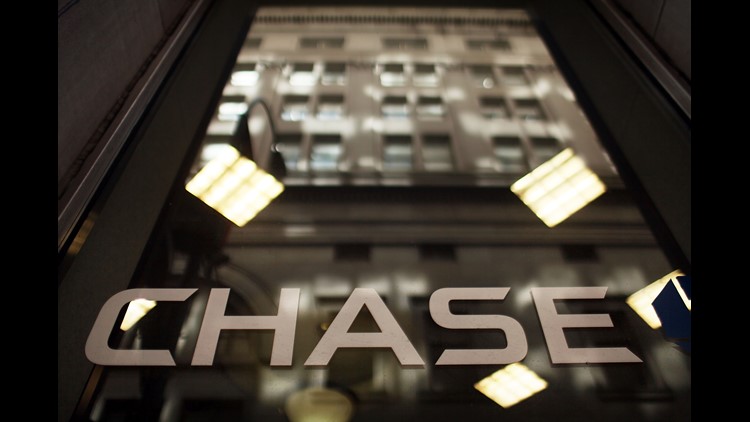RALEIGH, N.C. – Chase Bank will have to pay $136 million for unlawful debt collection as part of a settlement, but that's not all. The bank must also pay North Carolina $1.8 million as part of the deal. Under the settlement Chase Bank will also have to stop collecting debt from more than 3,000 customers in North Carolina that it had originally filed a lawsuit against since 2009.
Roy Cooper, North Carolina Attorney General said, "Debt collections riddled with errors caused nightmares for consumers in North Carolina and across the country, including families faced with demands to pay debts they didn't even owe."
The settlement holds Chase accountable for the following:
·Trying to collect payments from consumers for accounts that were not theirs.
·Miscalculating the amounts owed when filing debt collection lawsuits, sometimes resulting in judgments against consumers for incorrect amounts.
·Reporting inaccurate information and unlawful judgments that could negatively affect consumers' credit and their ability to get jobs, housing and insurance.
·Selling accounts to outside debt collectors that included inaccurate information, had already been resolved, or were not owed by the consumer.
·Robo-signing false and misleading affidavits and other documents and using them to file lawsuits and obtain judgments against consumers. These improperly prepared documents misled consumers and courts and caused consumers to pay false or incorrect debts and unnecessary legal expenses.
Chase must also reform its practices declaring for debts, filing collection lawsuits, debt sales, and debt buying. It also must use new safeguards to make sure debt information is accurate, inaccurate debt is corrected, and consumers who owe debts get the information they need.
If you have been sued by Chase you will be notified by the company of the new changes. It will also request that all three major credit reporting agencies not report judgments it won on credit reports.
This is all part of a $136 million national settlement that includes 46 other states, the District of Columbia, and the Consumer Financial Protection Bureau.
You can file a complaint against debt collectors with the Attorney General's Consumer Protection Division. You can call 1-877-5-NO-SCAM toll-free within the state.
Stay Connected 24/7 viaWFMY News 2Digital Platforms:
Get the WFMY News 2 App and the WFMY News 2 Weather App free in the Apple store.



